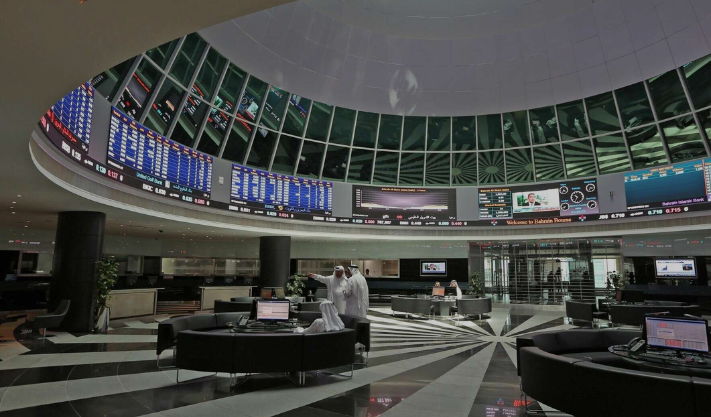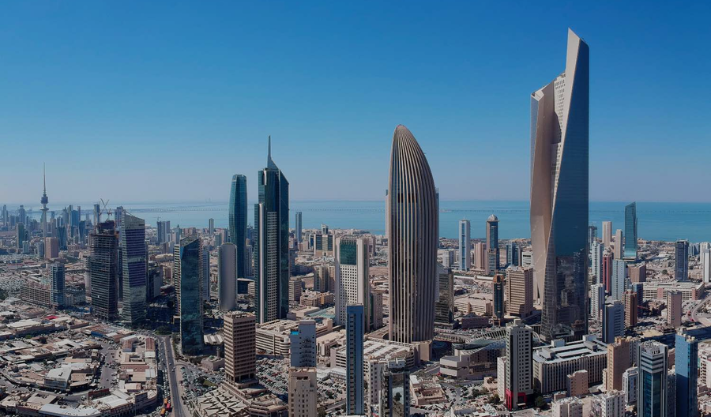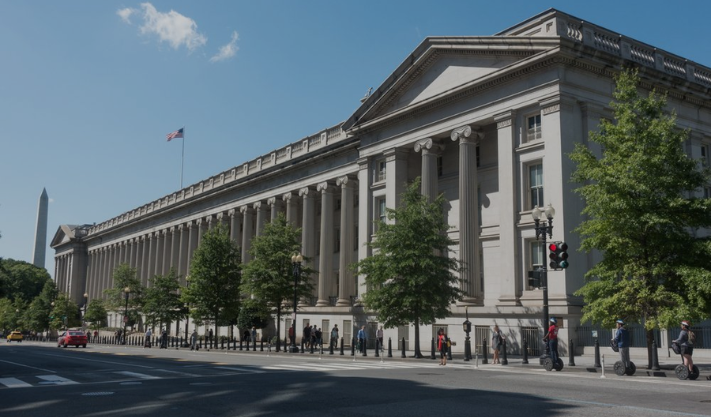Bahrain Offers 4-Year Government Bond With 6.25% Fixed Return
Starting Wednesday, people in Bahrain and from other countries can invest in a new government bond worth around $663 million (BHD 250 million), announced the Bahrain Bourse (BHB).
This bond is issued by the Central Bank of Bahrain for the government. Investors can buy it through licensed brokers on the BHB’s main market, according to the Bahrain News Agency.
Each bond costs $2.6 (BHD 1). It will be available for purchase on July 9 and will last for four years, ending in July 2029. Investors will earn a fixed yearly return of 6.25%, with payments made twice a year—on January 9 and July 9—starting in January 2026.
People can subscribe to this bond on July 2 and July 3. Trading times are 9:30 AM to 1:00 PM on Wednesday, and 9:30 AM to 11:00 AM on Thursday. You must buy at least 500 bonds to invest.
After the subscription ends, the bond will be listed on the secondary market (for trading) on July 24.
Bahrain’s Growing Islamic Finance Sector
According to Fitch Ratings, Bahrain’s Islamic finance market could grow to over $100 billion in the next 3–5 years. This growth is due to higher demand for Islamic financial products, more sukuk (Islamic bonds), and support from regulations and mergers.
As of early 2025, this market is worth over $80 billion. Islamic banks hold 78% of the assets, sukuk make up 19.2%, and Islamic investments and insurance (takaful) cover the rest.
Sukuk are a big part of Bahrain’s debt market, now making up 32.5% of it—an increase from 31.7% last year. In 2024, sukuk issuances rose by 36.2%, with the government issuing about 90% of them.
Most of these are in US dollars—about 70% of the debt market and 90% of sukuk. This market is expected to stay strong due to low oil prices, upcoming debt payments, and ongoing demand from Islamic banks in Bahrain and the Gulf region.
Economic Concerns and Credit Rating Outlook
In April, S&P Global Ratings changed Bahrain’s credit outlook from stable to negative. This means there are concerns about the country’s ability to manage its debt. If things don’t improve, Bahrain’s credit rating could be lowered in the next six months.
Bahrain’s economy is under pressure due to falling oil prices, high government spending, and expensive borrowing. Although oil brings in 60% of revenue and 50% of exports, it only contributes 16%-18% to the country’s economy, making Bahrain vulnerable to oil price changes.
S&P expects Bahrain’s budget deficit to grow from 5.2% of GDP in 2024 to 7% in 2025, before slowly improving to 4.4% by 2028.
Government debt is expected to rise from 130% of GDP in 2024 to 144% by 2028. This includes off-the-record items like military expenses. Debt has increased a lot in recent years, partly because the government borrowed from its central bank. Today, almost 29% of the government’s income is used just to pay back debt—one of the highest rates in the world.
Published: 2nd July 2025
For more article like this please follow our social media Twitter, Linkedin & Instagram
Also Read:
UAE’s AI Vision: Mohamed Bin Taliah on Future Governance
Egypt’s Economy Grows 4.8% – Highest in 3 Years
Saudi Arabia’s Q1 Foreign Investment Surges 44% to $5.9B





